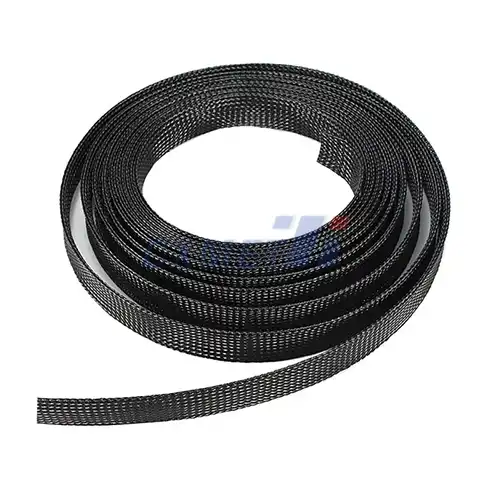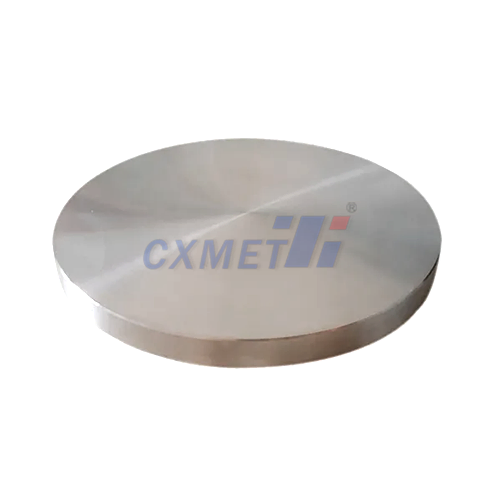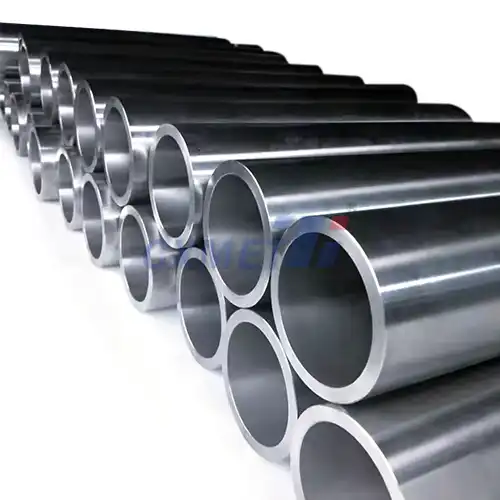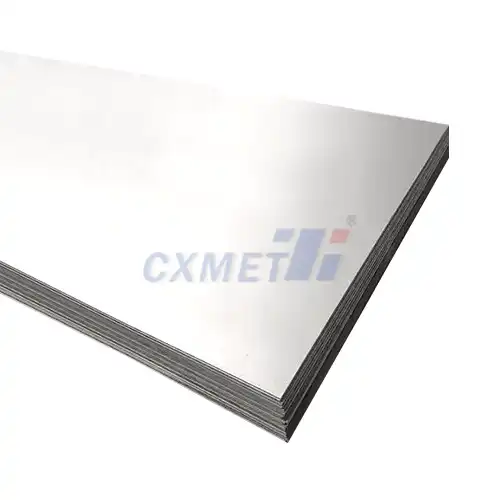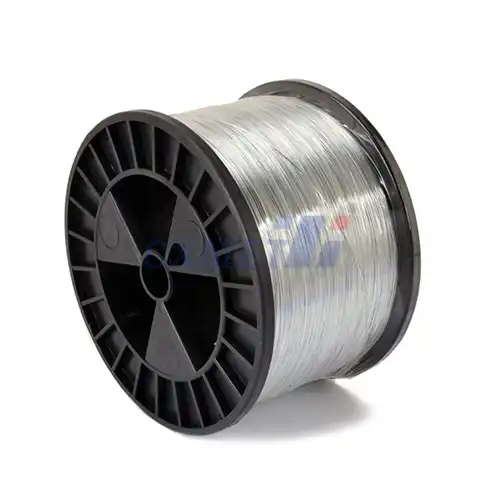- English
- French
- German
- Portuguese
- Spanish
- Russian
- Japanese
- Korean
- Arabic
- Greek
- German
- Turkish
- Italian
- Danish
- Romanian
- Indonesian
- Czech
- Afrikaans
- Swedish
- Polish
- Basque
- Catalan
- Esperanto
- Hindi
- Lao
- Albanian
- Amharic
- Armenian
- Azerbaijani
- Belarusian
- Bengali
- Bosnian
- Bulgarian
- Cebuano
- Chichewa
- Corsican
- Croatian
- Dutch
- Estonian
- Filipino
- Finnish
- Frisian
- Galician
- Georgian
- Gujarati
- Haitian
- Hausa
- Hawaiian
- Hebrew
- Hmong
- Hungarian
- Icelandic
- Igbo
- Javanese
- Kannada
- Kazakh
- Khmer
- Kurdish
- Kyrgyz
- Latin
- Latvian
- Lithuanian
- Luxembou..
- Macedonian
- Malagasy
- Malay
- Malayalam
- Maltese
- Maori
- Marathi
- Mongolian
- Burmese
- Nepali
- Norwegian
- Pashto
- Persian
- Punjabi
- Serbian
- Sesotho
- Sinhala
- Slovak
- Slovenian
- Somali
- Samoan
- Scots Gaelic
- Shona
- Sindhi
- Sundanese
- Swahili
- Tajik
- Tamil
- Telugu
- Thai
- Ukrainian
- Urdu
- Uzbek
- Vietnamese
- Welsh
- Xhosa
- Yiddish
- Yoruba
- Zulu
What Certifications are Required for Titanium AMS 6242 Used in Aerospace?
2025-07-14 09:25:18
Titanium AMS 6242 Rod For Aerospace is a high-strength titanium alloy widely used in aerospace applications due to its excellent combination of strength, toughness, and corrosion resistance. As aerospace components are critical for safety and performance, strict certifications are required for materials used in this industry. This blog post will explore the certifications necessary for Titanium AMS 6242 in aerospace applications, focusing on material specifications, quality control processes, and industry standards.
|
|
|
1. What are the key material specifications for Titanium AMS 6242 in aerospace?
Titanium AMS 6242 Rod For Aerospace is a crucial material in the aerospace industry, known for its exceptional strength-to-weight ratio and corrosion resistance. To ensure the material meets the stringent requirements of aerospace applications, several key material specifications must be met:
- Chemical Composition: The alloy must adhere to strict chemical composition limits. Titanium AMS 6242 typically contains 6% aluminum, 2% tin, 4% zirconium, 2% molybdenum, and the balance titanium. These elements contribute to the alloy's unique properties, and any deviation from the specified ranges can significantly affect its performance.
- Mechanical Properties: The material must meet specific mechanical property requirements, including tensile strength, yield strength, elongation, and reduction of area. These properties are critical for ensuring the material can withstand the extreme conditions encountered in aerospace applications.
- Microstructure: The alloy's microstructure plays a vital role in its performance. Titanium AMS 6242 should exhibit a fine, uniform alpha-beta microstructure, which contributes to its excellent balance of strength and ductility.
- Heat Treatment: Proper heat treatment is essential for achieving the desired mechanical properties. The material specification outlines the required heat treatment processes, including solution treatment and aging temperatures and times.
- Surface Finish: The surface condition of the material is crucial for many aerospace applications. The specification may include requirements for surface roughness, cleanliness, and freedom from defects.
To ensure compliance with these specifications, manufacturers must follow rigorous testing and quality control procedures. These may include tensile testing, hardness testing, chemical analysis, and microstructural examination. Additionally, non-destructive testing methods such as ultrasonic inspection and penetrant testing may be required to detect any internal or surface defects.
It's important to note that the specific requirements for Titanium AMS 6242 may vary depending on the particular aerospace application and the requirements of the end-user. Manufacturers and suppliers must work closely with aerospace companies to ensure that the material meets all necessary specifications and certifications for its intended use.
2. How does the quality control process ensure compliance with aerospace standards for Titanium AMS 6242?
The quality control process for Titanium AMS 6242 Rod For Aerospace in aerospace applications is rigorous and multi-faceted, designed to ensure that every batch of material meets the exacting standards required for safety and performance. This process involves several key steps and considerations:
- Raw Material Verification: The quality control process begins with the verification of raw materials. Suppliers must provide certificates of analysis for all incoming materials, confirming that they meet the required chemical composition and purity levels. These certificates are carefully reviewed and validated by quality control personnel.
- Manufacturing Process Control: Throughout the manufacturing process, strict controls are implemented to ensure consistency and quality. This includes monitoring and controlling factors such as temperature, pressure, and processing times during melting, forging, and heat treatment operations. Advanced process control systems and statistical process control techniques are often employed to maintain tight tolerances and reduce variability.
- In-Process Testing: Regular testing is conducted at various stages of the manufacturing process. This may include chemical analysis to verify composition, hardness testing to monitor heat treatment effectiveness, and dimensional checks to ensure the material meets specified tolerances.
- Final Product Testing: Once the manufacturing process is complete, extensive testing is performed on the finished product. This typically includes:
- Tensile testing to verify strength and ductility
- Impact testing to assess toughness
- Fatigue testing to evaluate long-term performance
- Corrosion resistance testing
- Microstructural examination to confirm proper grain structure and phase distribution
- Non-Destructive Testing (NDT): Various NDT methods are employed to detect any internal or surface defects that could compromise the material's performance. Common techniques include:
- Ultrasonic testing to detect internal flaws
- Penetrant testing to identify surface defects
- Radiographic inspection for critical components
- Traceability: A robust system for material traceability is essential in aerospace quality control. Each batch of Titanium AMS 6242 is assigned a unique identification number, allowing its history to be traced from raw material through to the finished product. This enables rapid identification and isolation of any problematic materials if issues are discovered later.
- Documentation and Record-Keeping: Comprehensive documentation is maintained throughout the quality control process. This includes test results, process parameters, inspection reports, and any deviations or non-conformances. These records are crucial for demonstrating compliance with aerospace standards and for continuous improvement efforts.
By implementing these comprehensive quality control measures, manufacturers can ensure that Titanium AMS 6242 used in aerospace applications consistently meets the required standards for safety, performance, and reliability. This rigorous approach to quality control is essential for maintaining the integrity of aerospace components and, ultimately, the safety of aircraft and their passengers.
3. What industry standards govern the use of Titanium AMS 6242 in aerospace applications?
The use of Titanium AMS 6242 Rod For Aerospace in aerospace applications is governed by a complex network of industry standards, specifications, and regulations. These standards ensure that the material meets the stringent requirements for safety, performance, and reliability in the demanding aerospace environment. Some of the key industry standards governing the use of Titanium AMS 6242 include:
- AMS 6242: This is the primary specification for the alloy, published by SAE International (formerly the Society of Automotive Engineers). It defines the chemical composition, mechanical properties, and processing requirements for the material. The specification covers various product forms, including bar, billet, and forgings.
- ASTM B348: This standard, published by ASTM International, covers titanium and titanium alloy bars and billets. While not specific to AMS 6242, it provides important guidelines for the production and testing of titanium alloy products.
- AS9100: This is a widely recognized quality management system standard for the aerospace industry. While not specific to Titanium AMS 6242, it sets requirements for quality management systems that manufacturers and suppliers must adhere to when producing aerospace materials and components.
- Nadcap (National Aerospace and Defense Contractors Accreditation Program): This is an industry-managed approach to conformity assessment of special processes and products for the aerospace industry. Manufacturers of Titanium AMS 6242 may need to obtain Nadcap accreditation for processes such as heat treatment, non-destructive testing, and chemical processing.
- FAA Regulations: In the United States, the Federal Aviation Administration (FAA) sets regulations for aircraft materials and components. While the FAA doesn't directly certify materials, it requires that materials used in aircraft construction meet appropriate industry standards and specifications.
- EASA Regulations: In Europe, the European Union Aviation Safety Agency (EASA) plays a similar role to the FAA, setting standards and regulations for aerospace materials and components used in European aircraft.
- ISO 9001: This international standard for quality management systems is often required by aerospace companies as a baseline for their suppliers. While not specific to aerospace or Titanium AMS 6242, it provides a foundation for quality management practices.
Compliance with these standards involves a range of activities, including:
- Regular testing and inspection of materials to ensure they meet specified properties
- Implementation of robust quality management systems
- Documentation of processes and test results
- Periodic audits by certification bodies and customers
- Continuous improvement of manufacturing and quality control processes
It's important to note that the aerospace industry is constantly evolving, and standards are regularly updated to reflect new technologies, improved understanding of material behavior, and changing regulatory requirements. Manufacturers and suppliers of Titanium AMS 6242 must stay informed about these changes and adapt their processes accordingly to maintain compliance.
Furthermore, the globalization of the aerospace industry means that manufacturers may need to comply with standards from multiple regions or countries. This can add complexity to the certification process but is essential for ensuring the widespread acceptability of the material in international aerospace markets.
In conclusion, the use of Titanium AMS 6242 Rod For Aerospace in aerospace applications is governed by a comprehensive framework of industry standards and regulations. Adherence to these standards is crucial for ensuring the safety, reliability, and performance of aerospace components made from this high-strength titanium alloy. Manufacturers and suppliers must invest significant resources in quality control, testing, and certification processes to meet these stringent requirements and maintain their position in the aerospace supply chain.
At SHAANXI CXMET TECHNOLOGY CO., LTD, we take pride in our extensive product range, which caters to diverse customer needs. Our company is equipped with outstanding production and processing capabilities, ensuring the high quality and precision of our products. We are committed to innovation and continuously strive to develop new products, keeping us at the forefront of our industry. With leading technological development capabilities, we are able to adapt and evolve in a rapidly changing market. Furthermore, we offer customized solutions to meet the specific requirements of our clients. If you are interested in our products or wish to learn more about the intricate details of our offerings, please do not hesitate to contact us at sales@cxmet.com. Our team is always ready to assist you.
References
- SAE International. (2021). AMS6242: Titanium Alloy, Sheet, Strip, and Plate 6Al - 2Sn - 4Zr - 2Mo Solution and Precipitation Heat Treated.
- ASTM International. (2020). ASTM B348: Standard Specification for Titanium and Titanium Alloy Bars and Billets.
- SAE International. (2021). AS9100: Quality Management Systems - Requirements for Aviation, Space, and Defense Organizations.
- Performance Review Institute. (2021). Nadcap: National Aerospace and Defense Contractors Accreditation Program.
- Federal Aviation Administration. (2021). Regulations & Policies.
- European Union Aviation Safety Agency. (2021). Regulations.
- International Organization for Standardization. (2015). ISO 9001:2015 Quality management systems — Requirements.
- Department of Defense. (2018). MIL-STD-2154: Inspection, Ultrasonic, Wrought Metals, Process for.
- Boyer, R., Welsch, G., & Collings, E. W. (1994). Materials Properties Handbook: Titanium Alloys. ASM International.
- Lutjering, G., & Williams, J. C. (2007). Titanium. Springer Science & Business Media.


